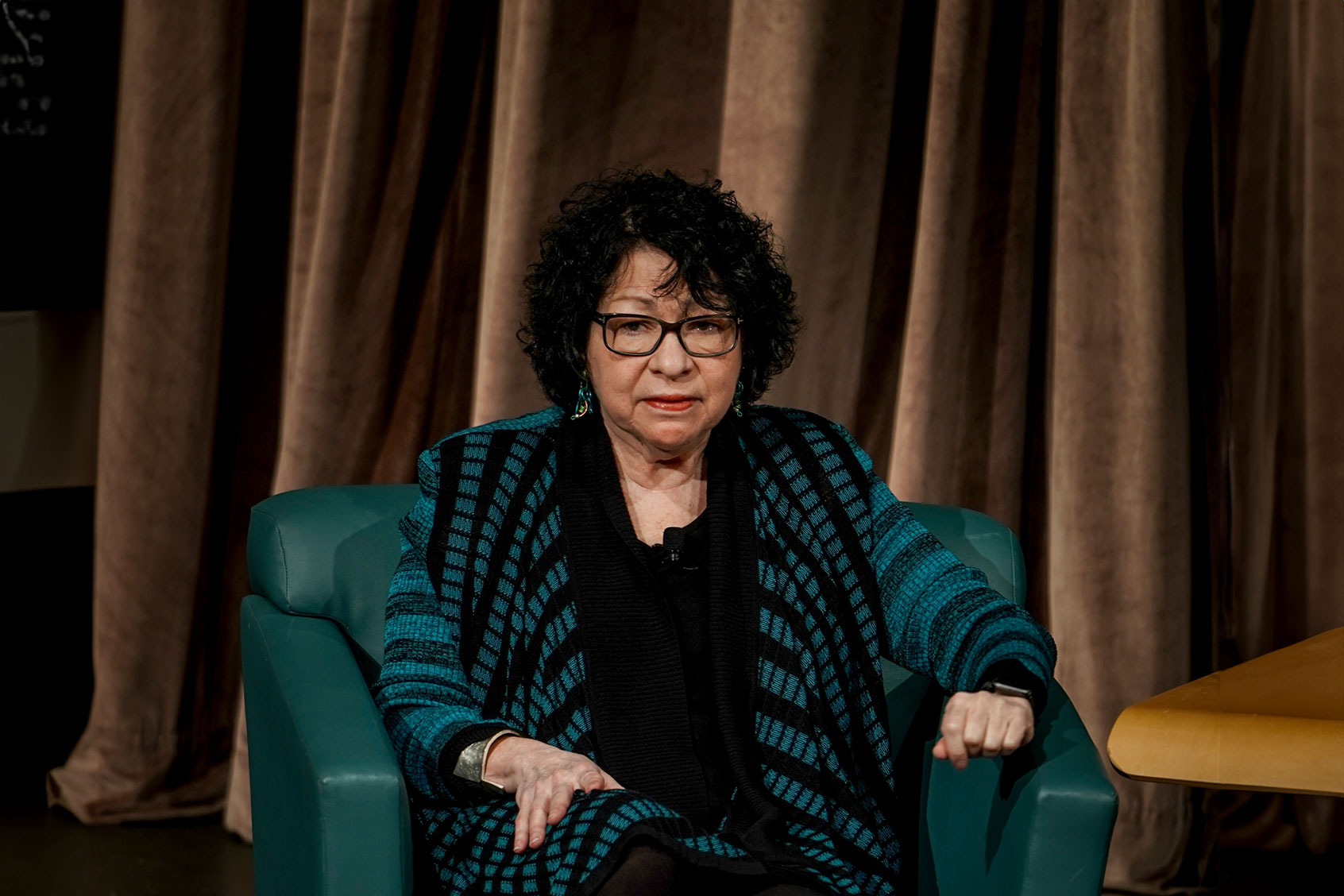The U.S. Supreme Court ruled Friday to throw out the federal ban on “bump stocks,” an attachment that allows semiautomatic rifles to fire at a speed comparable to a machine gun, prompting a blistering dissent from liberal Justice Sonia Sotomayor.
In a 6-3 vote on ideological lines, the court's conservative justices decided that a 1986 law aimed at banning machine guns cannot be interpreted to include bump stocks, NBC News reported.
The prohibition on bump stocks was first put into place by the Trump administration after the Las Vegas concert massacre in 2017 when a man using the accessory killed 60 people in 10 minutes. It remains the deadliest mass shooting in modern American history.
Writing for the majority, Justice Clarence Thomas asserted that while Congress had "long restricted access to 'machinegun[s],'" defined as a firearm that can "shoot, automatically more than one shot … by a single function of the trigger," it had not banned semiautomatic firearms, which when equipped with bump stocks can do the exact same thing.
Even though the effect is the same, Thomas wrote that a "bump stock does not convert a semiautomatic rifle into a machinegun any more than a shooter with a lightning-fast trigger finger does.”
Sotomayor, in her dissent, mocked the suggestion that there were any difficult questions raised by the ban on bump stocks.
"This is not a hard case," Sotomayor wrote. "All the textual evidence points to the same interpretation. A bump-stock equipped semi-automatic rifle is a machine gun because (1) with a single pull of the trigger, a shooter can (2) fire continuous shots without any human input beyond maintaining forward pressure."
Sotomayor rejected the argument that a semiautomatic weapon that behaves just like a machine gun is not, practically speaking, the same thing.
"When I see a bird that walks like a duck, swims like a duck, and quacks like a duck, I call that bird a duck," Sotomayor wrote.


